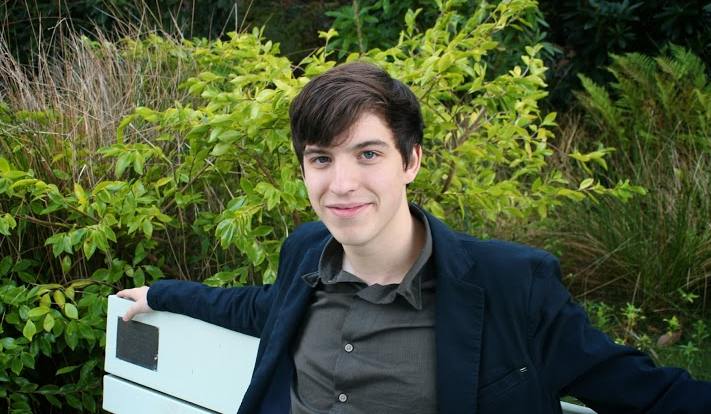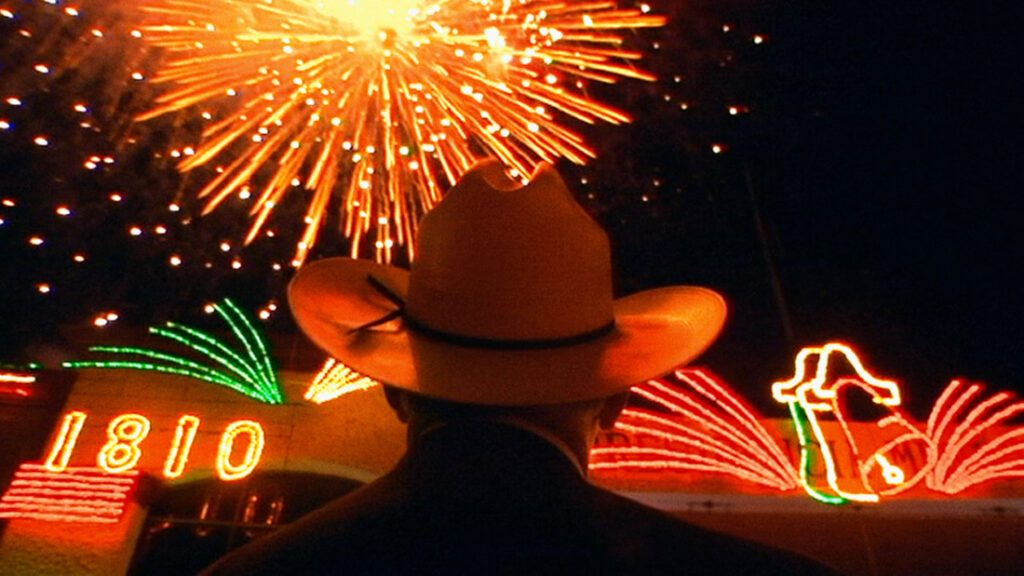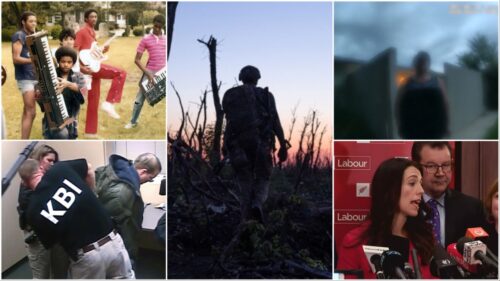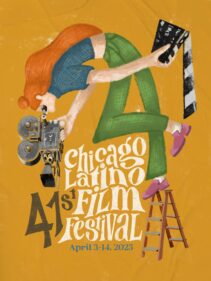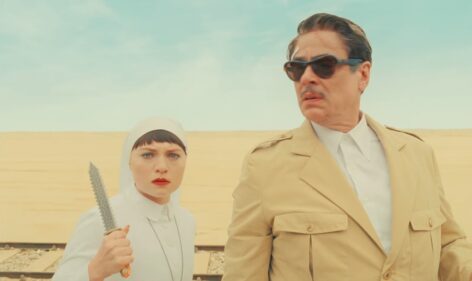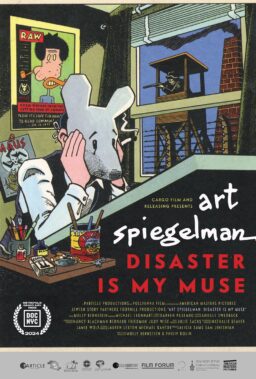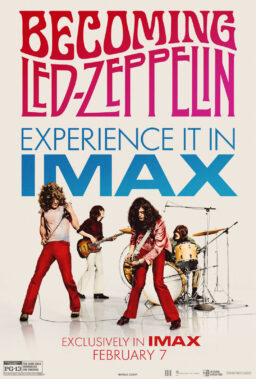In the spring of 2010, Roger
Ebert championed “45365,” the
directorial debut from Ohio-born documentarians Bill and Turner Ross. The
4-star review, which claimed that one exquisite shot contained “all human life,”
would change their lives irrevocably—Roger had a tendency to do this, to
unexpectedly alter one’s course. For the Ross brothers, that course has taken
them back to Sundance with “Western,” a
sumptuously shot and profoundly told documentary reminiscent of a Frederick
Wiseman affair.
We open with Chad Foster, the
universally beloved, stately mayor of Eagle Pass, TX, sitting behind his desk
in his modest office. Two women have come asking for his assistance with a
committee they’re running. They want him to be the president. It’s in these
opening moments that we learn everything we need to know about Foster: if the
people of Eagle Pass could have it their way, Chad would be in charge of
everything. He works with diplomacy and pragmatism, two features that have
seemingly escaped DC.
It’s through Foster that we
become enveloped in the core conflict of “Western”: a mere 2.6 miles away from Eagle Pass is Piedras Negras, one of
the more violent areas in Mexico. For generations, the people that inhabited these
neighboring lands peacefully coexisted. The film even opens up with a festival celebrating their non-violent unity.
But it doesn’t take long for the Ross brothers to shift their focus as life
changes in Eagle Pass. As the cartel continues down their torrid, destructive
path, the bond these adjacent societies once shared begins to disintegrate.
With the mounting death count and increased border control, we’re introduced to
Martin Wall—a fifth-generation cattleman whose business is dependent on the
tranquility of Piedras Negras. Crime is bad for business on Wall’s mind. But
he’s not so cold and calculating about it. Wall and his fellow ranchers just want
to do the work they’ve been doing their entire lives. The Ross brothers deftly
capture this precarious state of influx.
The film, which contains no
talking-head interviews, infographics, or any other conventional documentary
device, presents a vexing portrait of a changing landscape. Contrary to
filmmakers like Michael Moore or Alex Gibney, the Ross brothers are not
interested in propagating a specific message. Why would they? To do so would be
to claim this is as their story. And
it’s not. It’s ours.
The political and social
undertones of the film only come to the surface because of the people we’re
watching. This is life, captured. Cultures are colliding. Innumerable agendas
and desires are plastered onto the screen, all by people speaking from the heart—petrified
of the specter of uncertainty residing over their native Texan land. One side
is drenched in blood, journalists and politicians being slaughtered with
terrifying regularity. The other side, which is all but a 10-minute car ride
away, is in constant fear of the savage barbarity inching closer and closer.
The blood may be out of sight
for the citizens of Eagle Pass, but it is never out of mind. Like a pack of
imperceptible coyotes howling in the distance, the sonically assaultive sounds
of gunshots—and the lives mercilessly stripped away by those gunshots—never
subsides.
